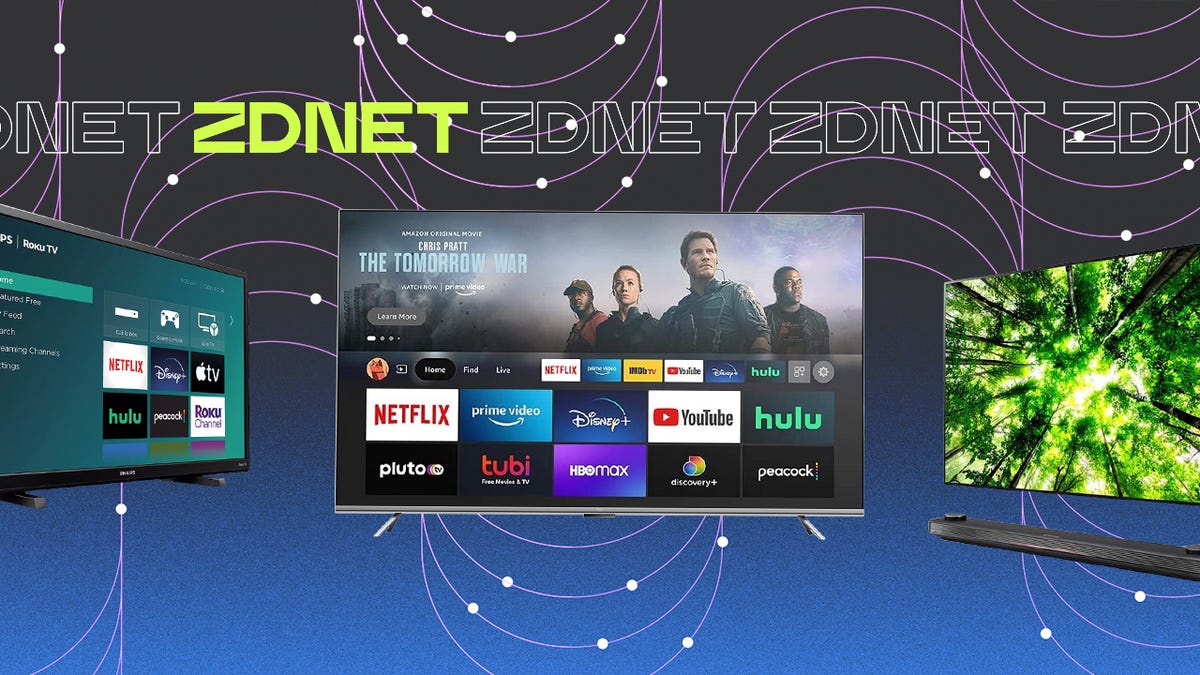BOOK THIS SPACE FOR AD
ARTICLE ADThe Government of India won't levy any charges on Unified Payments Interface (UPI) services. After reports circulated online that there may be the possibility of UPI transactions carrying a service charge, the finance ministry on Sunday denied the news. In a tweet, the finance ministry said that UPI would remain free. "UPI is a digital public good with immense convenience for the public and productivity gains for the economy. There is no consideration in Govt to levy any charges for UPI services. The concerns of the service providers for cost recovery have to be met through other means," the tweet read.
"The Govt had provided financial support for #DigitalPayment ecosystem last year and has announced the same this year as well to encourage further adoption of #DigitalPayments and promotion of payment platforms that are economical and user-friendly," the ministry added.
The Govt had provided financial support for #DigitalPayment ecosystem last year and has announced the same this year as well to encourage further adoption of #DigitalPayments and promotion of payment platforms that are economical and user-friendly. (2/2)
— Ministry of Finance (@FinMinIndia) August 21, 2022Earlier, Prime Minister Narendra Modi had hailed the UPI transactions crossing 6 billion in July.
"This is an outstanding accomplishment. It indicates the collective resolve of the people of India to embrace new technologies and make the economy cleaner. Digital payments were particularly helpful during the COVID-19 pandemic," Modi had tweeted.
The number of digital transactions in July was the highest ever since 2016. UPI reported 6.28 billion transactions amounting to Rs. 10.62 trillion (roughly Rs. 10,62,000 crore), according to data released by the National Payments Corporation of India (NPCI).
Last week, the Reserve Bank sought public opinion on fees and charges in payment systems, with an aim to make such transactions affordable as well as economically remunerative for the entities involved. The payment systems include Immediate Payment Service (IMPS), National Electronic Funds Transfer (NEFT) system, Real Time Gross Settlement (RTGS) system and Unified Payments Interface (UPI). Debit cards, credit cards and Prepaid Payment Instruments (PPIs) are among the other payment instruments.
The focus of RBI's initiatives in the payment systems has been to ease frictions which may arise from systemic, procedural or revenue-related issues, the central bank said while releasing a discussion paper on 'Charges in Payment Systems'. The Reserve Bank of India (RBI) has sought public views on 40 specific questions with regard to charges and levies in payment systems by October 3.
.png)
 2 years ago
97
2 years ago
97 














 Bengali (Bangladesh) ·
Bengali (Bangladesh) ·  English (United States) ·
English (United States) ·